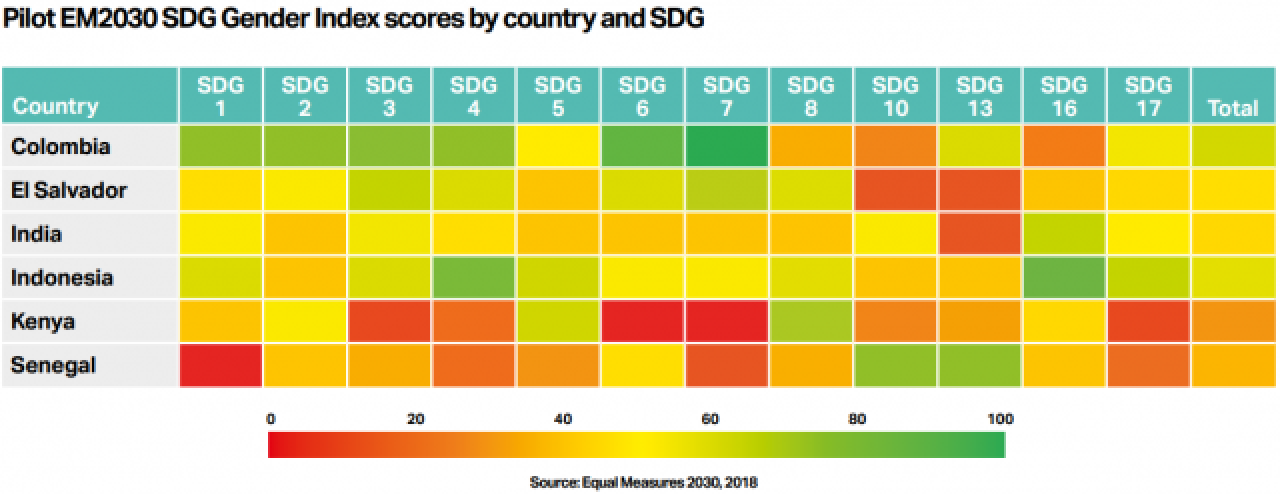Date of event: Friday, March 1, 2019 - 09:30 to 17:00
Where: Ispra, Italy
Aim:
This workshop brings together Equal Measures 2030 with scientists of the European Commission’s Competence Centre on Composite Indicators and Scoreboards (COIN) with a view to discuss together how to further improve the SDG Gender Index and to ensure that it is developed using the highest standards in composite indicator methodology.
Description:
The SDG Gender Index aligns to the normative framework of the Sustainable Development Goals (SDGs) and covers gender issues in 14 of the 17 global goals. Its design is based on global consultations with gender advocates and stakeholders. The Index generates scores that allow comparisons of gender progress by country, goal and single indicator. The Index draws on a mix of “official” SDG and complementary indicators that include laws, policies and budgets affecting the lives of girls and women, as well as outcome measures. It highlights issues that create enabling environments for gender equality but are not seen as ‘gender issues’, such as climate change, energy, tax and public finance issues.
Societal impact:
In September 2018, Equal Measures 2030 launched the pilot (based on six countries) SDG Gender Index which aims to support girls’ and women’s movements and champions across sectors to measure progress of the Sustainable Development Goals (SDGs) specifically through a gender lens. The SDG Gender Index tells a story of global progress, as well as being a mechanism for accountability that gender advocates can use to frame their influencing on the girls and women and gender equality issues. In the launch of the pilot results, women’s rights organisations used the results to highlight areas of progress and where greater efforts were needed. They also used it to frame their specific advocacy aims related to a range of issues such as women’s leadership (Colombia), gender-based violence (India), girls and secondary education (Senegal), women’s land security (Kenya), women’s economic empowerment (El Salvador) and child marriage (Indonesia). For more details, see the Global Report 2018 here.

| Originally Published | Last Updated | 17 Dec 2019 | 15 Mar 2021 |
| Knowledge service | Metadata | Composite Indicators |
